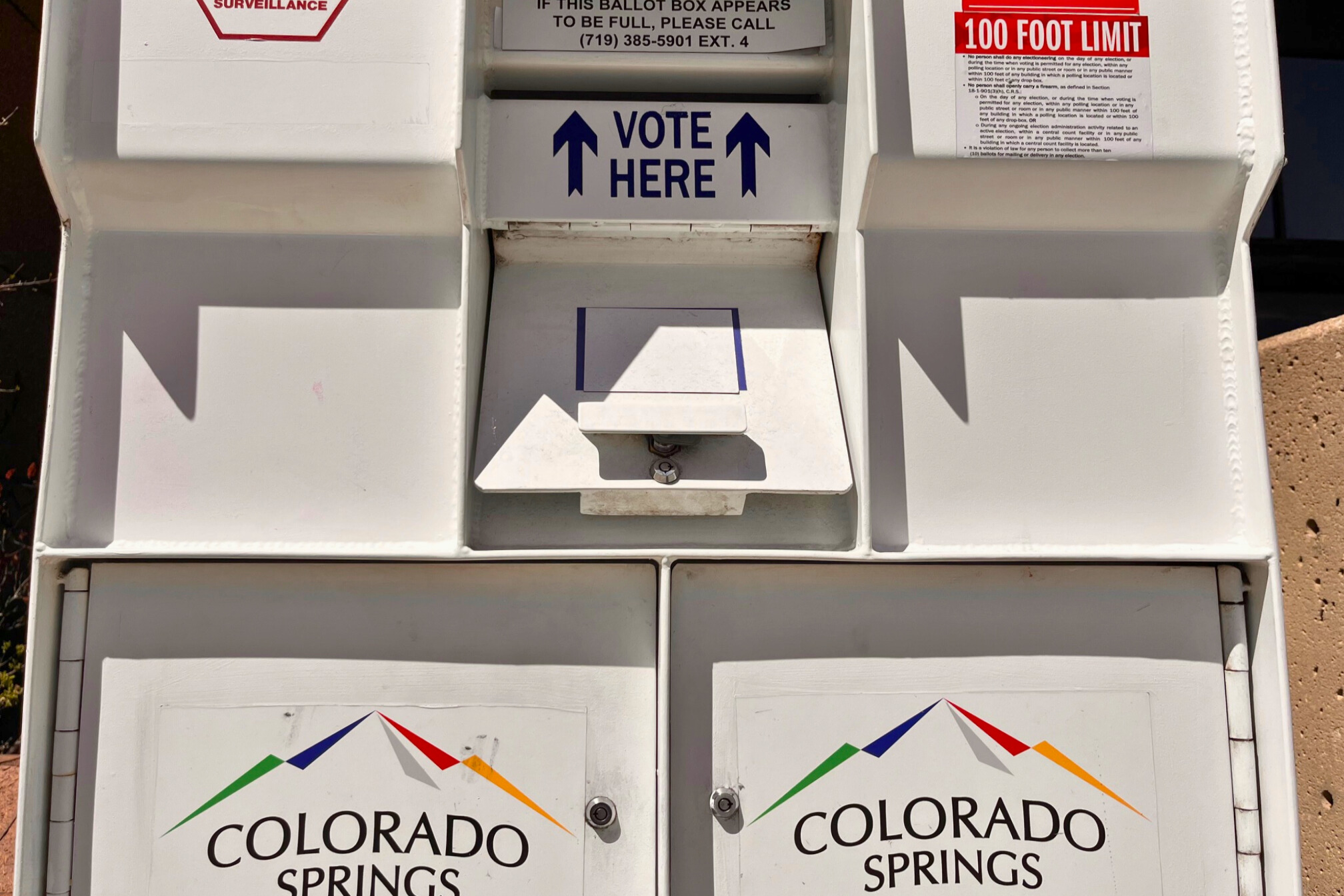
Thirty years ago, Colorado voters decided to conduct a unique experiment in U.S. governance.
An overwhelming majority of voters approved the GAVEL Amendment in 1988. The initiated amendment — the acronym stands for Give A Vote To Every Legislator — forced a complete reorganization of the Colorado legislature.
The change means lawmaking works far differently in Colorado than it does in Congress. Under GAVEL, any bill brought before either the Colorado House or Senate must receive a full hearing and a vote. Legislative leaders also have far less power to kill bills or commit their member to certain positions.
Ninety-year-old Wayne Knox, Colorado's longest-serving state representative, spearheaded the push for the GAVEL Amendment. The Denver Democrat had hoped to check the power of the Republican majority, which had a habit of stuffing his bills into a desk before they earned a word of debate.
"It wasn't really a political issue," remembers Knox. "It was about fixing the process."
Legislative leaders have since adjusted to GAVEL. Instead of smothering bills themselves, they now send disagreeable measures to "kill committees" stacked with lawmakers from safe electoral districts. In the interview audio above, Sam Brasch speaks to Colorado Matter's Nathan Heffel about Wayne Knox's legacy and how he reassembled the levers of power in Colorado.









